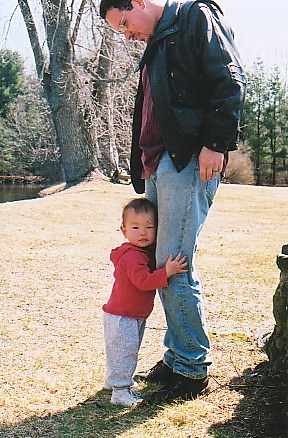🦋 Forest for the trees
I've recommended Middlesex to a couple of people over the past week -- but every time I have done so I have not been able to come up with the right frame. I've been talking up little bits of the book -- the portrait of mid-20th C. Detroit; the vividness of the historical episodes; the mapping of Cal's family's history -- but what I really dig about this novel is the fulness of it, the way it all fits together. I like all the pieces by themselves, but the whole is much more than its parts. (And Cal him/herself might be a good proxy for the totality of the book; but I've been unsure how much to talk about Cal's situation for fear of spoiling a good yarn.) The chapter about the race riots is an instance of this -- I'm loving the aspect of the chapter which is vivid and informational, this is a lot of new historical details for me, but what really seals the deal for me is the way this data is woven in to the lives of the characters, the way this is part of the story.
 (The chapter about the riots opens with Cal's father sleeping with a gun under the pillow, and a reference to Chekhov's line about a gun in the first scene -- but what is sticking out for me right now is the insurance policies in the first scene. The detail a few chapters back about Lefty having over-insured the diner, and told his son to keep the policies, made me think the place will burn down; and the riots seemed like they would be a good place for that to happen. So I'm scratching my head, wondering what the insurance is for...) Aha! Nevermind -- I wrote that last paragraph before I got to the end of the chapter.
posted afternoon of Sunday, March 7th, 2010
➳ More posts about Middlesex
➳ More posts about Readings

One must not put a paid-up insurance policy on the stage if no one is thinking of making a claim on it.
posted evening of March 8th, 2010 by Vance Maverick
| 
